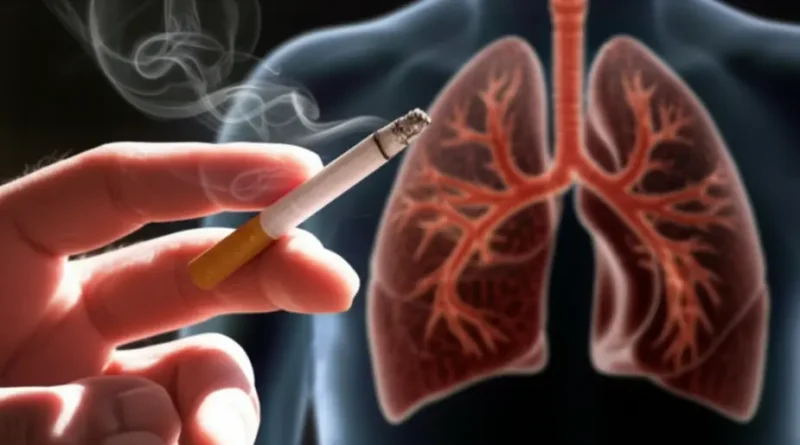What is the Unhealthiest Habit?
When it comes to our health, we often think about diet, exercise, and other lifestyle choices that can enhance our well-being. But amidst these considerations, there is one habit that stands out as perhaps the unhealthiest: smoking. Despite the overwhelming evidence of its detrimental impacts, smoking continues to be a persisting habit for millions around the globe.
In this post, we’ll delve deep into why smoking is widely regarded as the unhealthiest habit. We’ll discuss the biological effects of smoking, the associated health risks, and some strategies for overcoming this habit.
The Biological Effects of Smoking
When someone smokes tobacco, thousands of chemicals are inhaled into the lungs, many of which are toxic and can lead to severe health consequences. Some of the primary ingredients in cigarette smoke include:
- Tar: This sticky substance accumulates in the lungs and damages lung tissue.
- Nicotine: A highly addictive substance that alters brain chemistry, making it extremely challenging to quit.
- Carbon Monoxide: A toxic gas that reduces the ability of blood to carry oxygen, leading to conditions like cardiovascular disease.
- Cyanide, formaldehyde, and benzene: These are just a few of the many harmful carcinogens found in cigarette smoke that are known to cause cancer.
The inhalation of these components fundamentally disrupts the body’s normal functioning and initiates a cascade of health complications.
Health Risks Associated with Smoking
There is no shortage of research linking smoking to numerous life-threatening conditions. Here’s a rundown of some of the most severe health risks:
- Lung Cancer: Smoking is the leading cause of lung cancer, responsible for approximately 85% of cases. The carcinogens in tobacco smoke damage the DNA in lung cells, which can lead to cancerous growth.
- Heart Disease: Smokers are twice as likely to suffer from coronary heart disease as non-smokers. Smoking narrows blood vessels and raises cholesterol levels, increasing the likelihood of heart attacks and strokes.
- Respiratory Issues: Chronic obstructive pulmonary disease (COPD), chronic bronchitis, and emphysema are directly linked to smoking, resulting in significant breathing difficulties.
- Weakened Immune System: Smoking impairs immune function, making the body more susceptible to infections and diseases.
- Effects on Reproductive Health: For both men and women, smoking can lead to fertility problems and complications during pregnancy.
In addition to these major diseases, smoking can also exacerbate existing conditions and diminish overall health. It’s clear that smoking encompasses a multitude of hazards that can have dire consequences on both individual and public health.
Overcoming the Habit of Smoking
Quiting smoking is undoubtedly one of the most challenging tasks a person can undertake, but it’s also one of the most rewarding. Here are some strategies to consider:
- Set a Quit Date: Prepare for your quit day by creating a plan and removing triggers that could tempt you back into the habit.
- Seek Support: Whether through support groups, counseling, or close family and friends, having a network can encourage you and hold you accountable.
- Consider Nicotine Replacement Therapy: Options such as patches, lozenges, or inhalers can help ease withdrawal symptoms.
- Adopt Healthy Routines: Incorporate exercise and maintain a nutritious diet to help manage cravings and improve overall health.
- Stay Informed: Continuously educate yourself on the harms of smoking and the benefits of quitting, which can reinforce your resolve to stay smoke-free.
The commitment to quit smoking can be life-changing, significantly improving your health and extending your life expectancy.
The Final Word
In conclusion, while there are many habits that can detract from a healthy lifestyle, smoking remains one of the most perilous. Understanding the biological impacts and health risks associated with smoking is a crucial first step toward making the decision to quit. If you or someone you love is struggling with this dependence, remember that help is available and that a smoke-free life is achievable.

